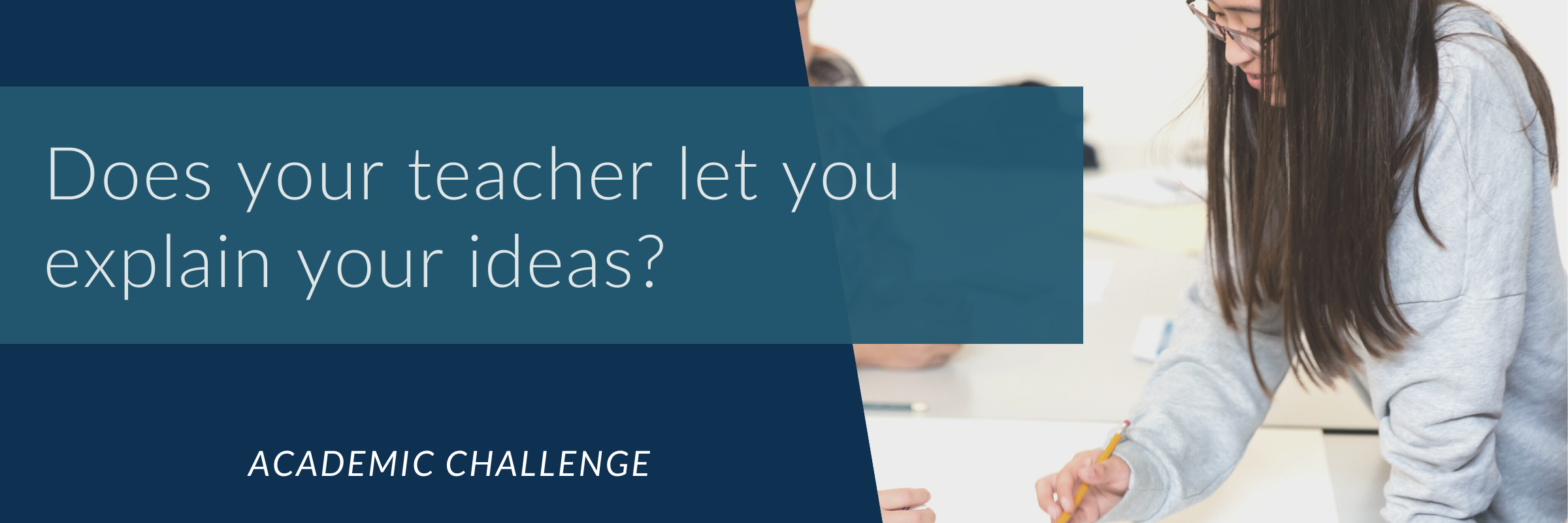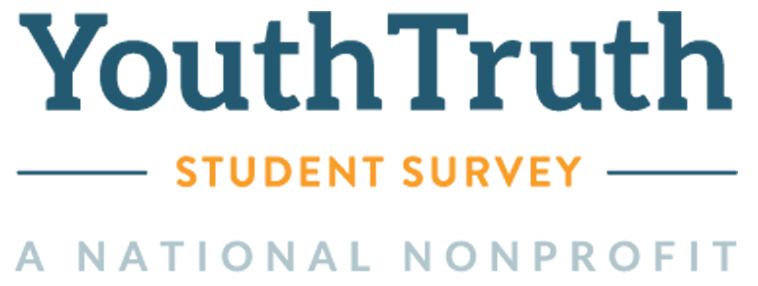
Why does it matter?
The YouthTruth Survey question “Does your teacher let you explain your ideas?” helps schools gauge to what extent there are protocols in place in the classroom to check for understanding. Research demonstrates that challenging students to explain something is powerful pedagogy.
Self-explanation techniques from BPS Research Digest
Is student self-explanation an effective learning strategy? Christian Jarrett, Editor of BPS Research Digest, summarizes a powerful meta-analysis showing the efficacy of students self-explanation strategies, particularly when coupled with reflection and the explicit integration of new knowledge. The take-aways from Jarret’s summary have implications for learners and teachers alike. Here are a few things Jarret suggests to consider when prompting students to explain a concept or new learning.
Multiple-choice less effective than self-generated elaboration
The researchers found that prompting students to explain themselves in a multiple-choice format (where students have a list to choose from) was least effective. The self-generated elaboration involving more open-ended self-explanation mattered more to students’ retention of information.
Guiding and prompting
Based on their analysis, the researchers concluded that how much teachers and learners should guide and prompt students depends on the proficiency of individual students. As students develop their knowledge and skill, the more freedom to choose what and how they self-explain and the less prompting, the better. However, some students may benefit from more guiding as they get their foothold with new content or their own confidence.
Timing
According to the research, anytime students explain themselves during a lesson or activity is a good time for students to explain their thinking. The researchers found little evidence that the timing of the self-explanation in the learning process was connected to outcome.
